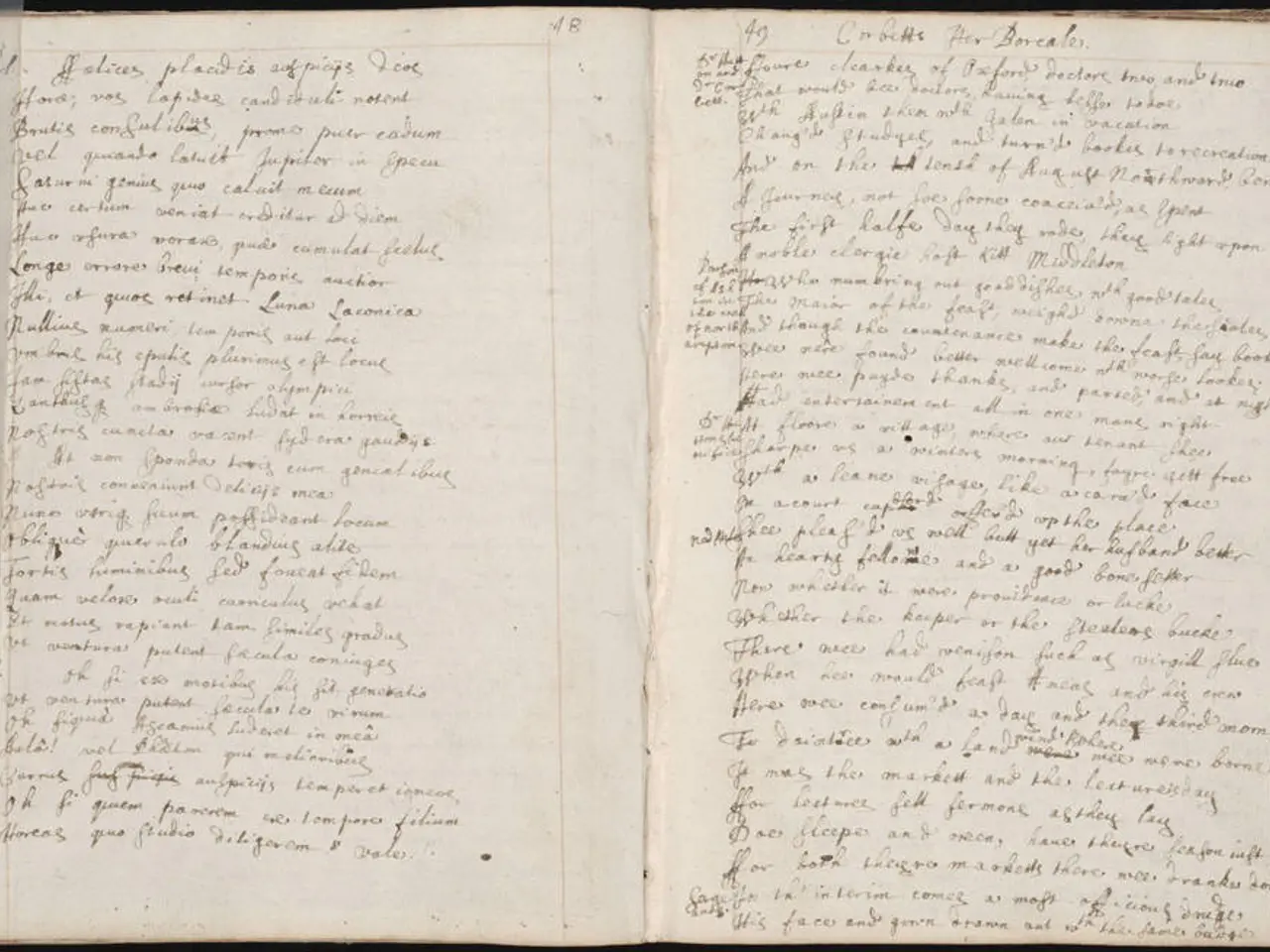Model Response:
In the realm of ancient Roman philosophy, two figures stand out for their significant and complementary contributions to Stoicism – Cicero and Cato the Younger. While Cicero is renowned for his extensive written works that integrated Stoic ethics with other philosophical traditions, Cato served as a living embodiment of Stoic virtue through his actions.
Cicero, a statesman and philosopher, penned numerous treatises that delved into key Stoic ideas about virtue and morality. His seminal work, *On Duties*, showcases the central tenets of Stoicism, such as the rejection of expediency for immoral acts and the upholding of a conscience aligned with divine law. Cicero advocated that "it is never expedient to do wrong, because wrong is always immoral" and emphasised the importance of transparency and good moral character in everyday life. However, Cicero's philosophy was not purely Stoic; he also incorporated Academic Skepticism, which added an element of questioning and intellectual humility to his philosophy.
Cato, on the other hand, was celebrated for his steadfastness and integrity. He served as a living example of Stoic virtue through his actions, embodying the principles of justice and virtue over mere financial gain or expediency. An anecdote from Cicero lauds Cato’s practical wisdom and moral steadfastness: when asked about the most profitable aspect of an estate, Cato prioritized raising cattle over money-lending, equating the latter to murderous behaviour due to its ethical implications. This reflects Cato’s rigorous adherence to Stoic emphasis on justice and virtue.
In essence, Cicero's contribution lies in his role as a philosophical writer and synthesiser of Stoic thought, articulating its principles and applying them to ethics, politics, and law. Meanwhile, Cato’s contribution is chiefly practical, embodying Stoic ideals through his public and private conduct, especially his emphasis on moral virtue even at personal cost.
This complementary relationship highlights a broader Stoic tradition: philosophy as both theory (writing, teaching) and practice (living virtuously). Cicero helped spread Stoicism intellectually to a wider audience, while Cato represented its ideal in Roman political life.
The question of choosing between preserving Stoic philosophy on the page and embodying its ideals in practice remains relevant today. As we navigate our own lives, we are presented with the opportunity to follow in the footsteps of Cicero and Cato, each offering distinct paths for us to consider.
It's worth noting that Cicero, despite being a friend and contemporary Stoic philosopher to many, was known for his ambition, vanity, and wealth acquired through dubious means. Conversely, Cato wrote little about Stoicism, providing no dialogues or essays. However, his character was admired for its bravery, unbending nature, and unwavering commitment to justice and virtue.
Regrettably, few, if any, of Cato's speeches have survived. Yet, Cicero did much for the historical record, preserving some of the best Stoic wisdom. Despite Cicero's occasional prioritisation of self-preservation over principle during political dilemmas, he played a crucial role in the propagation of Stoicism.
In conclusion, the legacy of Cicero and Cato serves as a testament to the enduring value of Stoicism. Their contributions, though distinct, are intertwined, offering a comprehensive understanding of Stoic philosophy – as theory and practice.
Stoic wisdom, rooted in the teachings of Cicero and Cato the Younger, encourages the integration of Stoic ethics with education-and-self-development, fostering personal-growth that emphasizes transparency, good moral character, and rigorous adherence to justice and virtue.
Cato, conversely, showcased the practical application of this Stoic wisdom in his life, serving as a living embodiment of Stoic virtue, prioritizing moral duty over personal gain or expediency.




